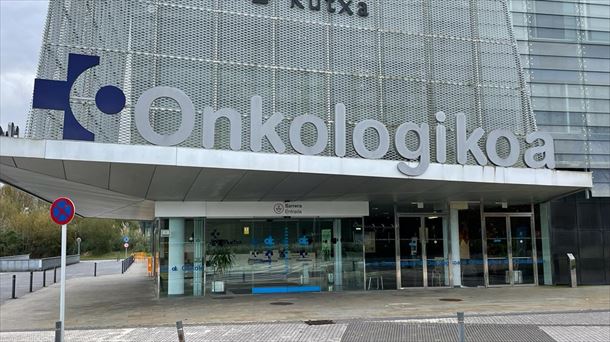What drives Austria? The P8 Marketing Agency, headquartered in Innsbruck, has addressed this question in detail. One of the points of interest was the impact of the corona, war and inflation crises on the domestic happiness barometer. The focus was also on topics such as investments in the coming year, wanderlust, shopping habits, product advertising and assessments of economic development and the future of politics.
In a long-term comparison, the happiness barometer in the Alpine Republic reached an astonishingly high level: it reached 3.3 out of 5 possible mood points. In January 2021, this was only 2.8 percent, and from July 2021 it was always above 3. Nearly 14 percent described themselves as ‘very unhappy’ to ‘happy’. About half consider themselves “happy” to “very happy.” According to P8 director Georg Hofherr, this certainly gives hope for the future.
Nothing has changed when it comes to the happiness factors. The leaders for Mr. and Mrs. Austrians are health (81 percent) and not having money worries (69 percent). A stable environment and a beautiful home are also highly valued. A satisfying job is less important to respondents. Looking good was less important in Corona times, but more emphasis is now being placed on this in our country: one in four people is concerned about looking good.
Great love for travel and adventure
Just as in the first half of the year, meaningful investments play a major role. The desire to travel and experience is very popular here (54 percent), followed by leisure activities (42 percent) and one’s own health (45 percent). Expenditures on clothing (41 percent), restaurant visits (30 percent) and investments in investments (30 percent) are planned for next year.
Holidays in Austria are very popular
Almost half of Austrians are planning an autumn or winter holiday. In addition to traveling in Europe (48 percent), many people are especially fond of a holiday in their own country (39 percent). “The strong desire to travel in combination with holidays at home is a positive outlook for domestic tourism and gives us a positive outlook for the winter season,” Hofherr said, commenting on the figures.
Online trade is stagnating
A noticeable price consciousness among Austrians is reflected in their purchasing behavior. Just like last year, almost 63 percent pay more attention to price and offers. 35 percent limit themselves to the necessary.
Regional products are important to one in five people. It is also noticeable that people prefer to get back to work themselves. While online trade reached its peak at 44 percent in times of Corona, there is now stagnation again. Today, only 1.5 in ten Austrians shop this way.
Belief in a strong Europe is crumbling
Austrians have now adjusted to high interest rates and persistent inflation. Nearly eight in ten Austrians assume that interest rates will continue to rise in the coming months. 30 percent would like to have their own home, but for the time being they want to follow economic developments.
Nearly 20 percent now believe in positive economic development. Things looked much bleaker in 2022 at a paltry nine percent. However, you should not disguise the situation; after all, almost half of them expect a negative development. Europe is also expected to become increasingly weaker compared to China and the US.
No beer with local politicians
Mr and Mrs Austrians are currently not on good terms with local politicians. More than a third wouldn’t meet a politician for a beer after work. 17 percent would like to chat with Federal President Alexander Van der Bellen or FPÖ leader Herbert Kickl. 9 percent would meet Andreas Babler (SPÖ) and Sebastian Kurz (formerly ÖVP), followed by Beate Meinl-Reisinger (NEOS) and Werner Kogler (Greens).
Hofherr is convinced that politics should seek proximity to people and create a positive atmosphere. All parties are called on to convey hope and the future – “because almost half have no confidence that politics will solve future problems in our country.”
The survey was conducted online from September 22 to 26, 2023. In total, more than 500 people from all regions and age groups in Austria participated.
Source: Krone
I am Wallace Jones, an experienced journalist. I specialize in writing for the world section of Today Times Live. With over a decade of experience, I have developed an eye for detail when it comes to reporting on local and global stories. My passion lies in uncovering the truth through my investigative skills and creating thought-provoking content that resonates with readers worldwide.



